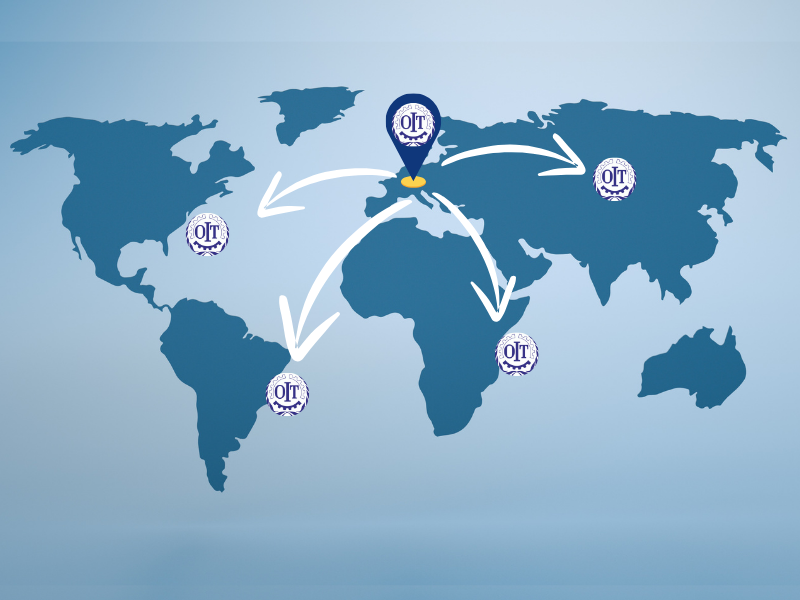At the bottom of this article, you will find the translation into the other working languages of the ILO.
The United Nations (UN) stands as a beacon of global cooperation and diplomacy. At its core lies a unique policy – staff mobility – designed to help staff achieve career satisfaction by taking on roles in various functions and duty stations. Having spent a decade in the Headquarters (HQ) after gaining valuable field experience in the International Labour Organization (ILO), I now find myself at a crossroads, contemplating the implications of this policy on my career and personal life.
Having navigated both the bustling HQ and the field offices, I can attest to the enriching nature of working on the front lines. The ability to interact directly with constituents and beneficiaries, gaining a firsthand understanding of the country’s situation, and navigating nuanced political landscapes, is an invaluable asset. Fieldwork not only broadens perspectives but also deepens the connection with the people the UN serves.
However, despite these benefits, there’s a lingering fear of missing out on opportunities to secure positions at favourable duty stations. The fear of being stuck in a location or position becomes a significant concern for those aiming to maintain a balance between field and HQ experiences. Also, unlike staff with regular budgets, staff funded by projects do not have the luxury of holding their positions while going for field assignments.
After a decade at the HQ, the pressure to move to the field is palpable. Constant inquiries about applying for positions outside the HQ reveal the organization’s commitment to enforcing mobility. However, personal considerations, such as children’s education and partner’s job opportunities, often clash with career-oriented decisions. Deciding when and where to move becomes a complex puzzle that affects not only professional growth but also household dynamics.
Several factors weigh on the decision to embrace mobility or resist the call to the field. Limited career progression within the organization, coupled with the fear of finding it difficult to secure family-friendly duty stations, adds an element of uncertainty. The need for a system that rewards international civil servants who willingly rotate becomes apparent, fostering a deeper understanding of constituents’ needs and a more profound connection with those served by the UN.
As UN staff grapple with the complexities of the mobility policy, it is crucial to strike a balance between career progression, personal considerations, and the organization’s commitment to achieving career satisfaction. Finding a system that encourages and rewards those willing to rotate as international civil servants can not only benefit the organization but also set a positive example for young professionals. The office might need to think of practical packages and incentive systems to encourage field assignments or real mobility policies that all international civil servants are encouraged to respect their job requirements. In the ever-evolving landscape of global diplomacy, navigating the crossroads of staff mobility becomes not just a policy challenge but a testament to the resilience and adaptability of those dedicated to the UN’s noble mission.
Version française (deepl): ici
Spanish version (deepl): aquì
